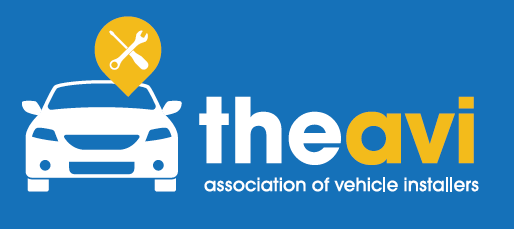The differences between vehicle tracking and GPS fleet monitoring
The differences between vehicle tracking and GPS fleet monitoring
Vehicle tracking and GPS fleet monitoring are both great ways to keep track of your company's vehicles, but they are very different systems. Vehicle tracking relies on a GPS device installed in each vehicle that sends updates to a central location. GPS fleet monitoring, on the other hand, relies on a software system that gathers data from vehicles' GPS units and other sensors.
There are important distinctions between the two services, which can make a big impact on your business. Here's a breakdown of the differences between vehicle tracking and GPS fleet monitoring, so you can make an informed decision about which service is best for your needs.
Vehicle tracking system (GPS)
A vehicle tracking system, also known as a GPS tracker, is a device that monitors the location of a vehicle. A vehicle tracker can be installed on any vehicle and will allow the fleet operator to monitor the movement of their vehicles in real-time. GPS vehicle tracking system uses satellites to determine the location, speed, and direction of a vehicle in real-time. With Vehicle tracker, fleet operators can optimise routes for their drivers resulting in less fuel being used and increased fuel economy.
The information is available both online and through mobile applications which allows managers to have more control over their business while giving drivers more flexibility when planning out their workday. Vehicle trackers can be used for personal as well as commercial use.
Click here to read more about the benefits of vehicle tracking systems.
GPS fleet monitoring
GPS fleet monitoring is also known as a fleet management system. The fleet management system includes engine diagnostic tools (OBD), GPS, IoT devices and sensors, cloud storage and computing, and cellular data networks.
The goal of a GPS fleet management system is to keep an eye on your vehicles and their drivers. This can be done using data collected from the vehicle's onboard computer, known as telematics. Telematics is a widely-used technology in the world of commercial vehicle fleets. It refers to the transmission of data through wireless devices in real-time back to an organisation. This works with sensors that are embedded in the vehicle that collect and transmit data on vehicle usage, maintenance requirements, and more.
How it works:
First, the data is collected from the vehicle (using a sensor and GPS device). The data collected includes GPS location and vehicle usage information such as speeding, harsh braking and turning, and diagnostics of the vehicle. This data is then sent to the cloud, where it can be processed and translated in real-time and then viewed in a digestible format on a website or dashboard.
Telematics solutions provide fleet managers with real-time information about what is happening with their fleet and vehicle on the road by collecting, transmitting, and syncing data. These solutions help fleet operators gain critical information about their operations, driver behaviour, safety, and vehicle health.
Fleet management allows businesses to increase operational efficiency by radically improving their visibility into their operations with real-time data and uncovering new ways to save money and time. This enables you to monitor all aspects of your company’s vehicles in real-time from any computer or mobile device with an internet connection.
The best way to monitor your fleet with a fleet management system is by installing it in each of your company's vehicles. When it comes to GPS fleet tracking solutions, SmartFits is the leading provider. Our GPS vehicle tracking system from Geotab and IoT platform from VisionTrack are built with your business in mind. We also provide installation services so you can get your vehicles up and running as quickly as possible. Visit our website today to learn more about how our products can help your business succeed!











